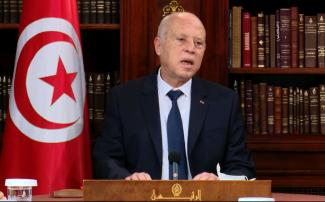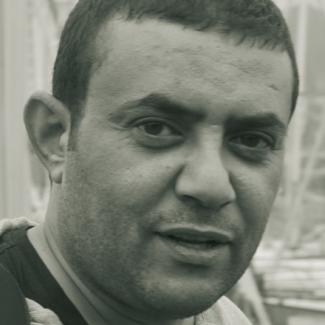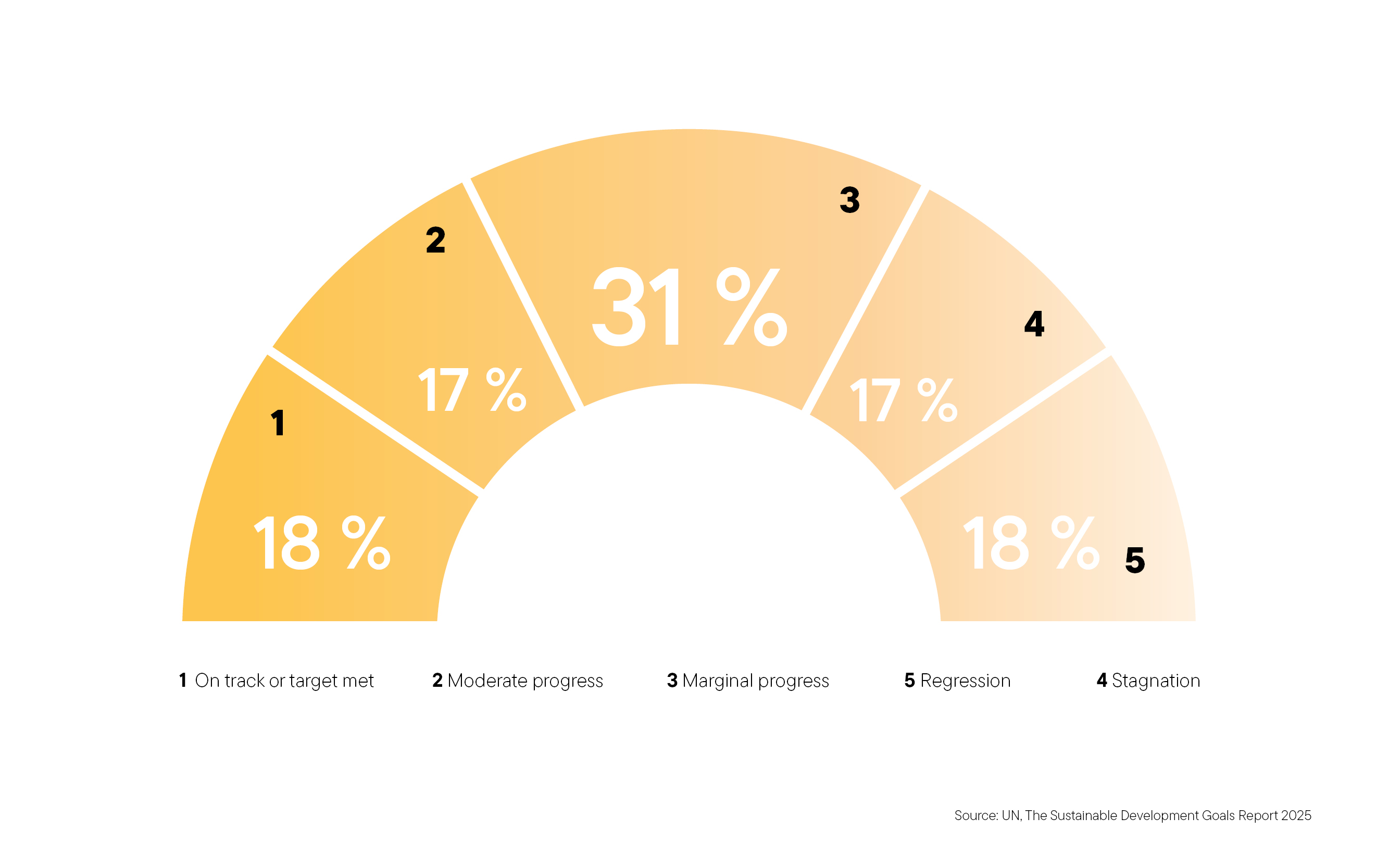Arab Spring
Tunisia’s democratic order is in danger

On 25 July 2021, Tunisia’s President Kais Saied sacked the prime minister, Hichem Mechichi, and suspended the parliament for 30 days. Moreover, he said he would personally investigate cases of corruption as a general prosecutor. Some Tunisians worry that he has basically declared the end of the country’s young democracy. Ennahda, the moderately Islamist party, spoke of a coup.
The full truth is that dissatisfaction was running high in the country. Major protest rallies had taken place only hours before the president declared his decisions on TV. Whether the demonstrations were orchestrated or spontaneous is not clear. In any case, many Tunisians responded to Saied’s action with joy.
Mabrouka Khedir, the editor-in-chief of Assabah News, a newspaper, says that people are frustrated after years of economic, social and cultural crisis. In her eyes, the political elite is guilty of “corruption, misuse of power and neglect of people’s lives”. According to Ahmed Kadri, a media and communication expert, Covid-19 broke the camel’s back. The epidemic had hit the country hard in recent weeks. In this dramatic situation, Saied had no other choice than to resort to emergency powers, says Emad Al Alam, the editor-in-chief of the Libyan newspaper Al-Akhbaria.
The popular support the president is enjoying may fade away fast if he does not get a grip on the country’s many problems. Saied has hinted that he may extend the emergency powers he has invoked. The Voice of America wonders whether he will be able to save Tunisia’s democracy by using undemocratic means.
Bahija Belmabrouk, another journalist, finds it worrisome that some bloggers have been arrested. They were accused of “saying unacceptable things about the army and president”. International observers point out that the scenario in which Egypt’s President Abel Fattah Al-Sisi grabbed power in a military coup in 2013 was similar. Two years after the Arab Spring, Egyptians had grown disappointed in Mohamed Morsi, the elected president of the Muslim Brotherhood, and were expressing their discontent in large rallies. Al-Sisi has since ruled Egypt with an iron fist and was appointed president after elections that were neither free nor fair.
The Arab Spring started in Tunisia, and the new democratic order has lasted for 10 years there. However, a fast succession of governments has not been able to tackle people’s grievances, including poverty and unemployment. Ennahda is Tunisia’s version of the Muslim Brotherhood, but its leader, Rached Ghannouchi, proved to be less dogmatic than Morsi. After the coup in Egypt, Ennahda joined various coalition governments. Gannouchi has declared it to be an organisation of “Muslim Democrats”. However, many Tunisians now consider Ennahda and other political parties to be corrupt and out of touch.
By contrast, President Saied has a reputation of integrity. He is a legal scholar and his supporters believe he will modify the democratic order making it more effective, but not less democratic in the long run. History shows, however, that those who grab power rarely hand it over voluntarily again.
Across the border in Libya, people are paying close attention to what is happening in Tunisia, though most believe that it will not have immediate impacts on their own country. The two nations’ histories are quite different.
Both were under autocratic rule until 2011, but Tunisian institutions were always stronger. As Libyan journalist Mahmood Shaman points out, there is liberal heritage that goes back to Habib Bourguiba, who led Tunisia to independence from France in 1956. Tunisian civil-society organisations and especially trade unions are far more firmly entrenched than their Libyan counterparts.
Accordingly, the revolutions of 2011 led to different results. Tunisians managed to adopt a democratic order, while Libya basically became a failed state, suffering bouts of political violence. What people in both countries share, however, is a sense of disappointment in Europe. We all had hoped to get more support for the transition to democracy. It would, nonetheless, be a bad omen for Tunisia and other Arab countries, if Tunisia, the region’s only democracy, were to become a dictatorship again.
Moutaz Ali is a journalist in Tripoli, Libya.
ali.moutaz77@gmail.com













